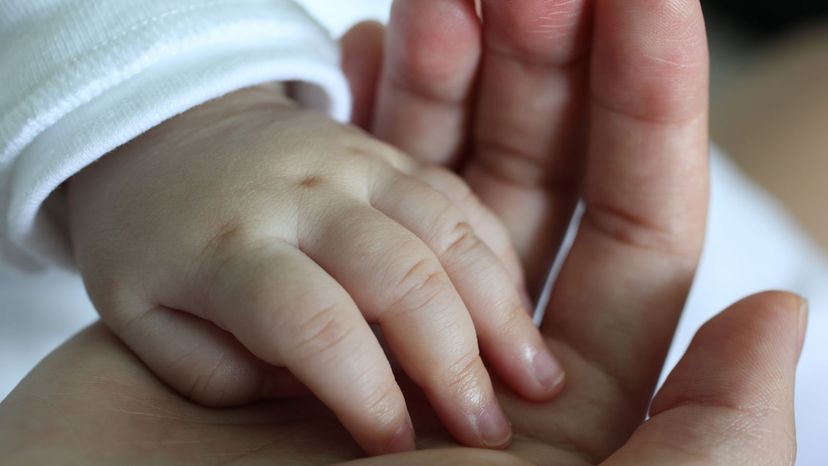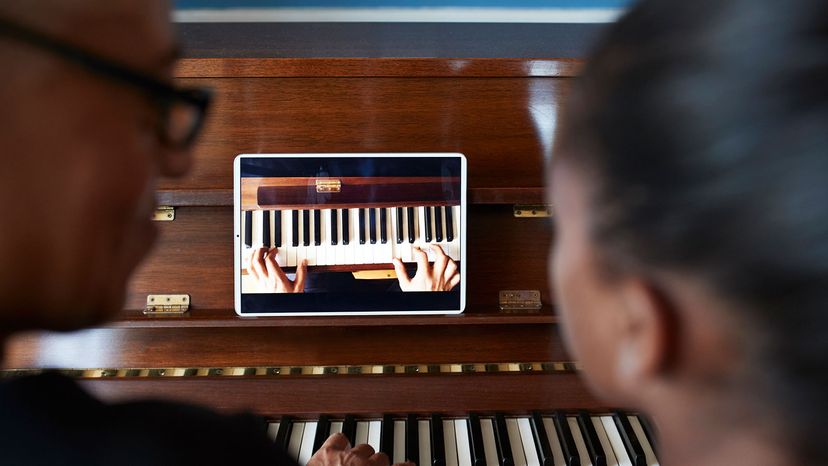
Making an annual list of New Year's resolutions is a venerable tradition. By some accounts, it dates back to the ancient Romans, who customarily made a show of promising the god Janus that they would behave better over the next 12 months than they had in the past 12 [source: Huchison]. But while Janus was the patron deity of new beginnings, he also provided a convenient excuse. If a citizen of Rome didn't actually follow through with his various self-improvement vows, he could always shrug it off by explaining that it was Janus' will [source: Chicago Institute]. Then, presumably, he could just go on gorging himself at banquets or betting excessively on gladiator fights.
Sounds familiar? A couple of millennia later, we're pretty much doing the same thing that the Romans did. A study published in the Journal of Clinical Psychology found that six months into the year, fewer than half — 46 percent — of resolvers were still keeping to their pledge. Granted, that's a better track record at self-improvement than people who make no resolutions at all (only 4 percent of those achieved success).
Advertisement
But with all the practice we get at making resolutions year after year, why aren't we doing better at keeping them? Psychologists and other experts who've studied resolution-making say we tend to make them too general rather than specific; we resolve to "exercise more" as opposed to "walk a half-hour five times a week" [sources: Eisenstadt, Sample].
We suspect that another reason New Year's goals are easy to break is that while losing weight or quitting smoking (two of the top resolutions) are worthy endeavors, they sound rather boring and involve a lot of self-denial. This year, why not make some positive and creative New Year's resolutions? Here are 10 that you might actually be able to keep.









